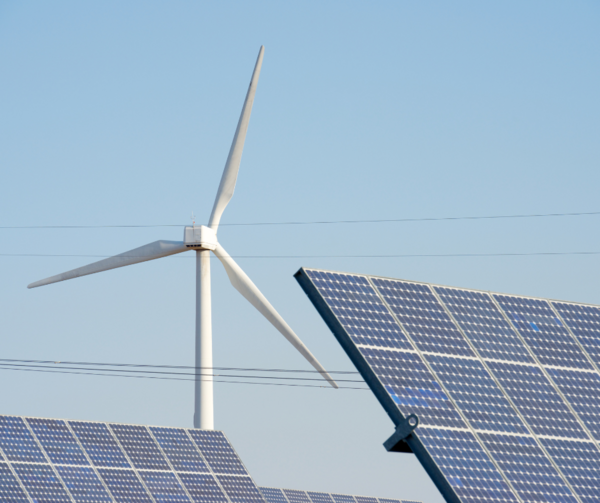What if rising gas prices had a silver lining?
According to economists, the most efficient way to reduce fossil fuel consumption is to raise the price of gas. A 43% price increase could cut gas consumption by 16%, preventing 175 million tons of CO2 from contaminating our atmosphere.
The growing impact of climate change due to greenhouse gas emissions has capital pouring into the renewable energy sector. By 2030, the industry is expected to grow to $1.9T as every aspect of the energy supply chain gets reimagined.
Zero-emission fuel companies, green electricity providers, solar energy services, wind turbine distributors, and electric vehicle charging companies are just a few examples of businesses stepping up to combat reliance on fossil fuels.
Race to zero
As the number of climate tech unicorns continues to grow, it’s predicted that the next billion-dollar start-ups will be in climate tech. They’re expected to play a huge part in flattening the trajectory of pollution emissions in the hopes of getting the world back on track towards 1.5°C.
With the right funding, fossil fuels could be pushed out of the energy supply chain by 2035. Thousands of companies, cities, educational and financial institutions have joined the Race to Zero, a pledge to take action to reduce global emissions by the end of the decade.
Increasing the price of gas is not the same as increasing the price of the CO2 it releases into the atmosphere when burnt, but it’s close enough. The beauty of this moment for the president is that he wouldn’t have to deploy any political capital for this to happen. Russia’s invasion of Ukraine already did the trick — sending the average retail price of gasoline above $5 a gallon in early June. All Biden must do is keep it from falling back.
The climate would thank him.

